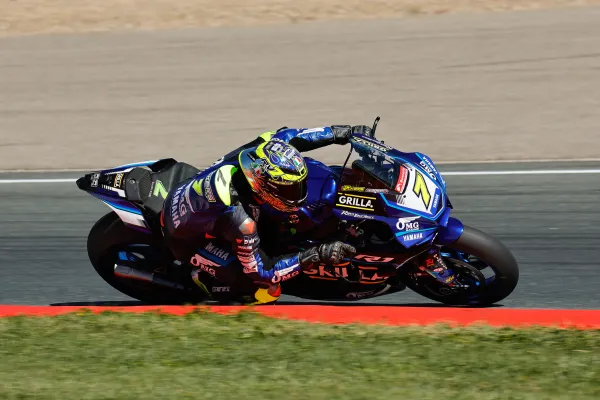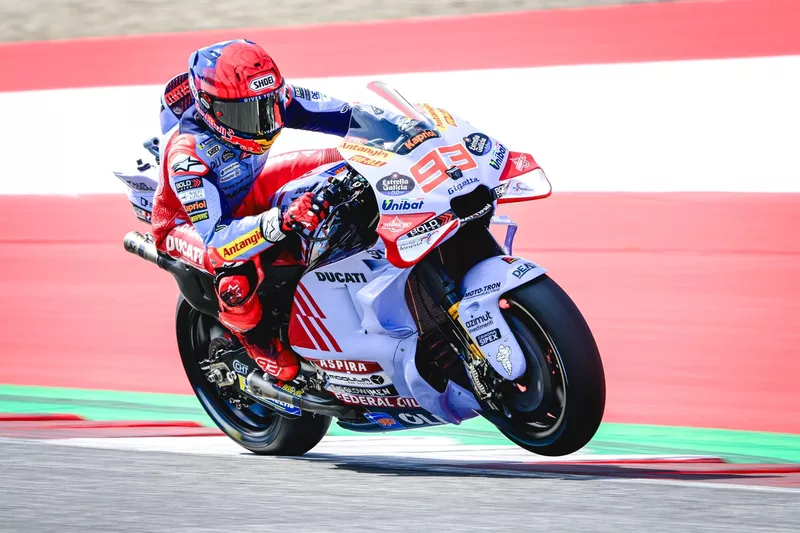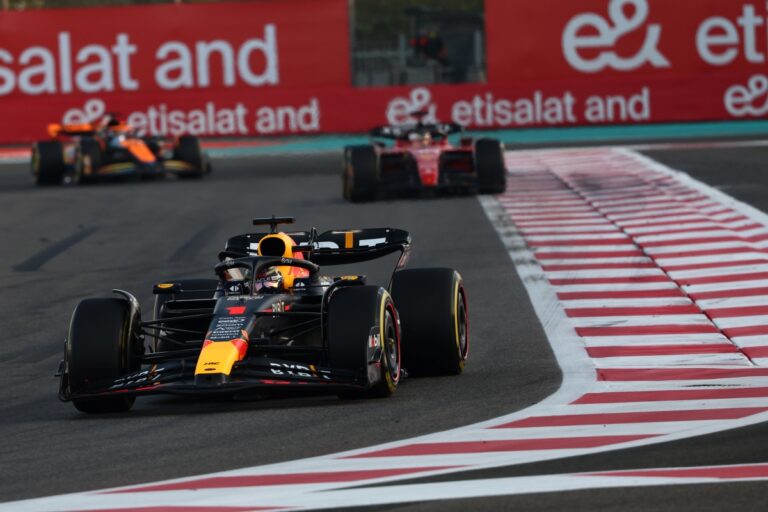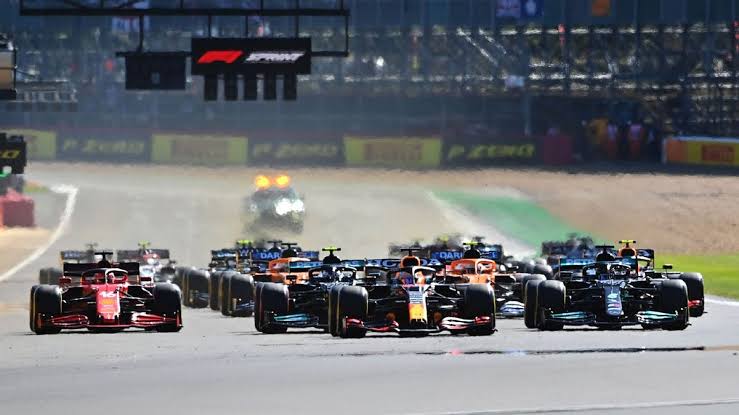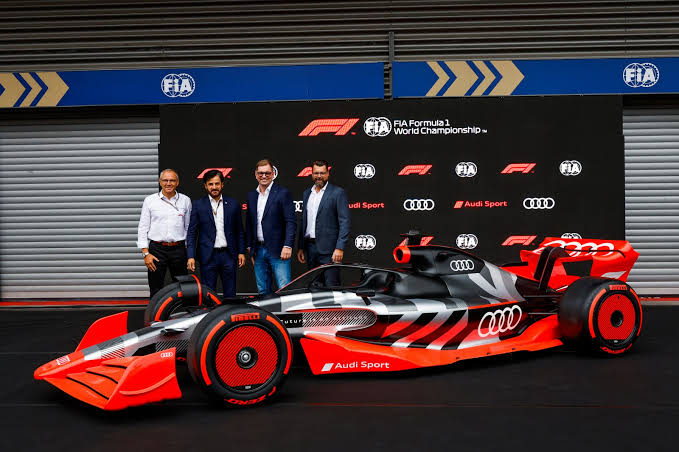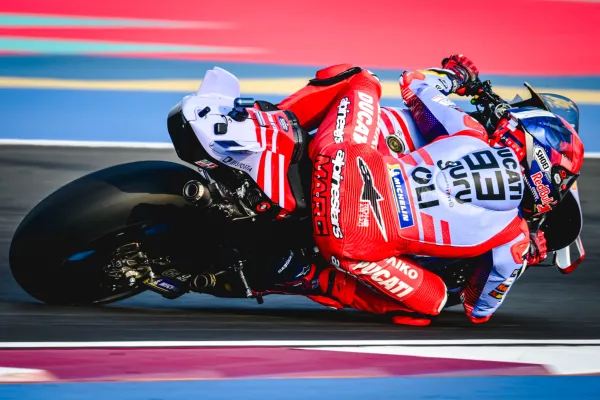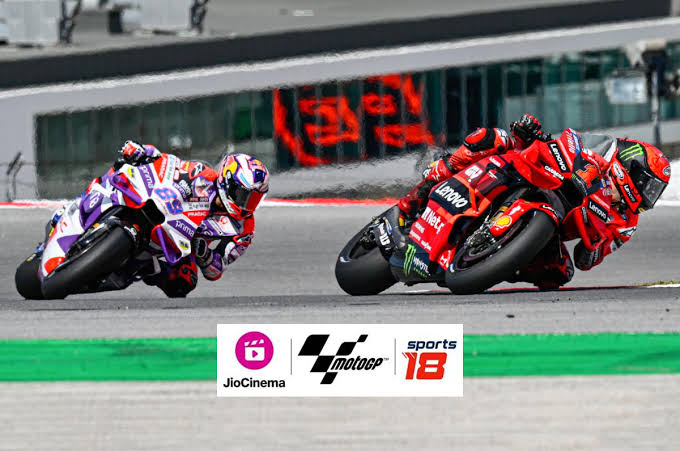Calendar Changes And Sprint Races: Reshaping The 2025 Formula 1 Season
The 2025 season in Formula 1 will institute important changes not just to the basic structure but to race formats: a new era for this ever-mutating, multicolored chameleon, be it. These changes incorporate making the series even more striking, answering increasingly dire environmental consciousness, and even boosting the potentiality of overall championships. Following is a snapshot look at crucial areas of change and how changes can affect expectations within the FIA Formula World Championship.
New Calendar Structure
The 2025 F1 calendar still holds the record number of races from recent seasons, 24 events, but a number of events have moved around in what appears to be an effort toward a more coherent, environmentally friendly calendar.
Key Changes:
Australian Grand Prix Returns as Season Opener: Melbourne hosts the first race of the season—true to its tradition of being the curtain-raiser—on March 16, 2025, for the first time since 2019.
Bahrain and Saudi Arabia to April: These Middle Eastern races have been shuffled further back in the calendar because of Ramadan and now take place in April.
China and Japan are brought forward: These Asian races have been rescheduled earlier in the calendar. This is aimed at giving more cohesion to the geographical location.
Hungary takes the final slot before the summer break: The Hungarian Grand Prix moves to become the last race before the traditional summer break.
Improved Geographical Clustering: The races have been grouped more efficiently by region to minimize travel distances and carbon emissions.
The Logic Behind the Changes
The restructured calendar addresses several key objectives:
Environmental Concerns: F1 races are bunched together geographically to reduce the carbon footprint, which aligns with its sustainability goals.
Logistical Efficiency: The new configuration reduces long-distance travel between successive events considerably, easing the burden on teams and personnel.
Weather Optimization: Several of the races have been rescheduled into better weather windows to lessen any possible disruption.
Cultural sensitivity: changing of Middle Eastern races to accommodate religious observances shows that F1 is culturally sensitive.
Fan Engagement: Back to being the season opener for Australia, while strategically placing those key races where most important to the season to really maximize global interest throughout.
Sprint Races: Expansion and Evolution
For the 2025 season, F1 is extending the sprint race format to six events across the year. It’s more than what was held during the previous seasons and shows that F1 is committed to this short, intense format of racing.
Sprint Race Venues for 2025:
China
Miami
Belgium
USA
Brazil
Qatar
Key Changes to Sprint Format:
Standalone Event: Sprint races are now to be held in their entirety independent of the main Grand Prix, complete with their own qualifying sessions and point allocations.
More Points: The sprint races’ points system is updated for more reward to encourage more competitive racing.
Flexible Tire Strategies: More freedom in tire choice for teams during sprint races might introduce more variables in strategy and overtaking opportunities.
Reverse Grid Consideration: Not established for 2025, but there are conversations about possibly providing a reverse grid format for eventual sprint races.
Impact on Teams and Drivers
The calendar changes and expanded sprint race format bring both challenges and opportunities for teams and drivers:
Adaptability: The teams need to redo plans of development and logistics due to the new calendar structure.
Strategic Planning: Positioning of sprint races in the season will influence how teams approach car development and resource allocation.
Driver Fitness: Compressed weekends of sprint, combined with regular race weekends, are going to raise the bar in terms of physical and mental challenges for drivers.
Championship Dynamics: The fight for the championship could be more volatile and unpredictable, considering that there are more points available from sprint races.
Fan Experience and Global Reach
These changes are expected to bring about an increase in the fan experience.
More Action-Packed Weekends: Sprint races offer additional competitive sessions that are more interesting for the spectator.
Greater Unpredictability: Their standalone nature, sprint races may lead to a greater fluctuation in results and add more excitement on a race weekend.
Global Audience Engagement: The placement of races and sprints is so placed to ensure that the interests of viewerships across time zones remain enthralled through the season.
Value Addition: Circuits hosting sprint races can look forward to unprecedented ticket sales and much larger fan engagement over the extended weekends.
Environmental and Sustainability Considerations
Formula 1 has been under growing pressure because of its environmental footprint, and changes to the calendar in 2025 reflect that:
Reduced Carbon Footprint: Increased efficiency will likely result in races i) becoming more geographically grouped and ii) drastically reducing air travel and resultant emissions.
Promotion of Sustainable Technologies: F1 continues to use its platform to showcase and develop sustainable technologies, with the calendar changes providing more opportunities for this.
Local Environmental Initiatives: The majority of the host circuits have introduced their green initiatives on everything from renewable energy use to waste reduction programs in an effort to follow the broader F1 sustainability program.
Challenges and Controversies
These changes are exciting in essence, but accompanying chances have them debating in the F1 fraternity:
Team Workload: The extended calendar, combined with the additional sprint races, really is going to increase the workload for the team personnel and has called into question a number of work-life balance and burnout concerns.
Traditional Race Formats: There are some purists who feel that all this attention to sprint races is demeaning the importance of traditional Grand Prix formats.
Financial implications: The prolonged calendar and preparing for sprint races have a great cost implication, especially for small teams.
Sporting Integrity: There are questions whether more sprint races, with points available, could distort the end of the championship.
Looking Ahead: F1 Calendars of the Future
Changes to the 2025 calendar and an expansion of sprint races are likely only the tip of the iceberg in a wider evolution of Formula 1’s approach to the structure of a season:
Ongoing Refinement: F1 has asserted that the outcome of these changes will be closely monitored, with further alterations to be made if necessary.
New Venue Opportunities: An optimized calendar structure would allow new race locations in future seasons.
Technology Integration: In the future, more sustainable technologies and practices might be integrated into race operations and fan experiences in calendars.
Format Experimentation: Success with sprint races could provide further experimentation with race formats and scoring systems in the coming years.
Conclusion
The 2025 Formula 1 season is another vital step in the evolution that the sport has been undergoing. A revised structure of the calendar, along with an extended sprint race format, evidences F1’s juggling between holding on to its traditions and pushing the boundaries toward innovation, environmental care, and global entertainment, keeping sporting integrity right up there with commercial success.
It is a good omen that with new teams, drivers, and fans joining this new era of Formula 1, the season in 2025 may just be the most thrilling and unpredictable in a very long time. If the changes do come into effect, success might shape up and ensure that Formula 1 stays in a position for years to come, leading toward a new golden age for this race—a meld of new technology, ecological balance, and riveting track action.
And with the first lights out in Melbourne just a few months away, the world of motorsport will be further fascinated by how these changes unravel on the live stage. The 2025 season stands testimony to F1’s ability to adapt, innovate, and continually push the boundaries of what is possible in motorsport.

